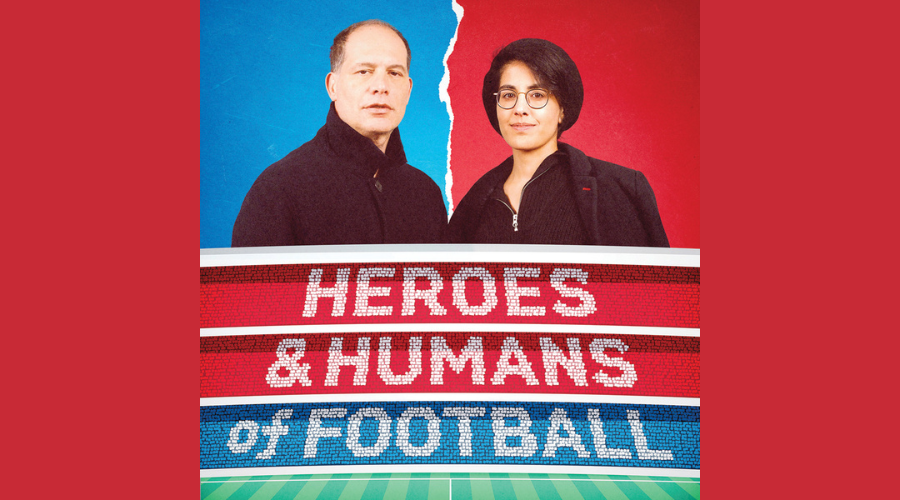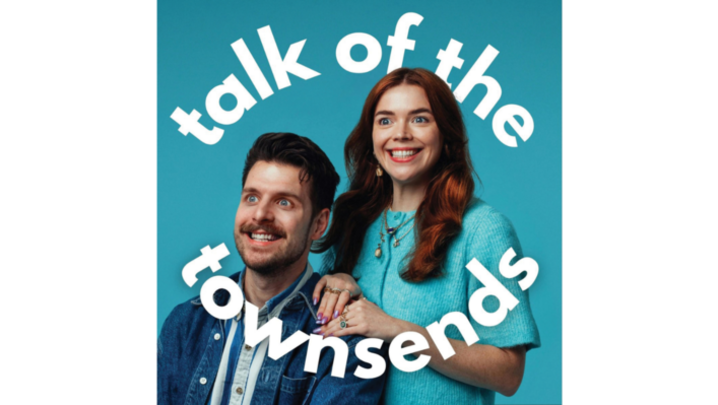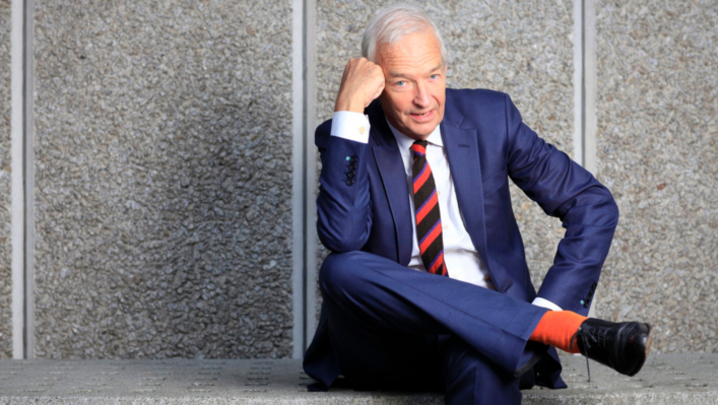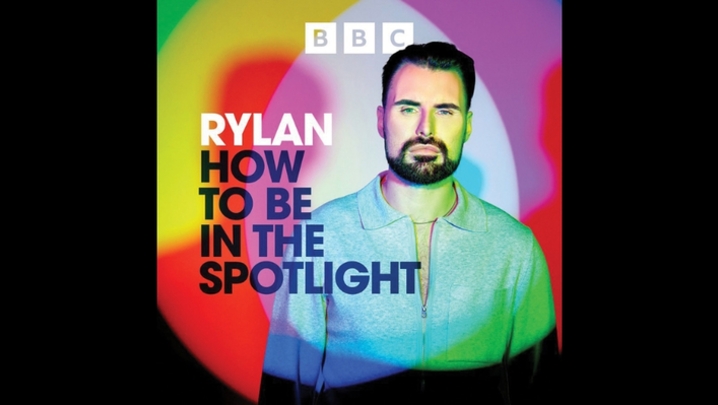The other day, having sat through yet another monosyllabic post-match interview, I was left wondering if footballers have always been this boring.
Perhaps it’s all the scientific and tactical progress that is stifling their self-expression, as irascible managers reduce them to mere cogs in their ruthlessly demanding, “high pressing” machines.
Or the fact that they are having to surrender their personal lives to relentless fixture lists while their very personalities are sanitised by “media training”.
And woe betide anyone who does a Marcus Rashford and pulls a single sickie after a boozy night out.
I was therefore sceptical when Simon Kuper and Mehreen Khan announced their new character-led football podcast, Heroes & Humans of Football. Could a single player warrant an hour-long audio profile?
But they swiftly put paid to my doubts in their first, fascinatingly detailed episode on Kylian Mbappé, by affording him the complexity that modern footballers are generally denied by standard sports commentary (and, clearly, me).
Kuper, a columnist and writer on the Financial Times, and Khan, who is economics editor of The Times, are well qualified to situate their subjects in a wider social and political context.
Mbappé was born in the Parisian suburb of Bondy, so they start by taking us into the heart of the banlieues and discussing the French state’s pro-football policy in the region.
Kuper, who lives in Paris, guides us through the city’s vast network of artificial pitches and qualified coaches, built to transform these often poor suburbs into the world’s biggest talent base.
In the five World Cups between 2002 and 2018, he says, Greater Paris produced 60 of the competitions’ players and coaches, more than any other urban area in the world.
Mbappé was one of these 60, as the world’s fastest player galloped his way to a World Cup win at age 19. But Kuper and Khan point out the many hurdles he had to leap: strict parents, who insisted he pass le bac; French classism and racism; and the orbital dynamics of his club’s solar system of planet-sized egos.
Kuper puts Mbappé’s tactful negotiation of all this down to an uncommon emotional maturity.
What was most remarkable about his World Cup win, he says, was just how unfazed the teenaged Mbappé was by the occasion. The day after the final, overlooking the hundreds of thousands of jubilant fans from an open-top bus, Mbappé apparently turned to the then head of the French Football Federation, Noël Le Graët, and asked: “Is this really necessary?”
The only downside to the podcast is that Kuper and Khan don’t make the warmest of hosts. But it is the rigorous research and telling anecdotes that make it sing. Having listened to their episodes on Chelsea’s former owner, Roman Abramovich (as an orphaned survivor of the Soviet Union and “pioneering sportswasher”), and Pep Guardiola (football’s philosopher king but also Barcelona’s “family man who left”), they were just as illuminating.







